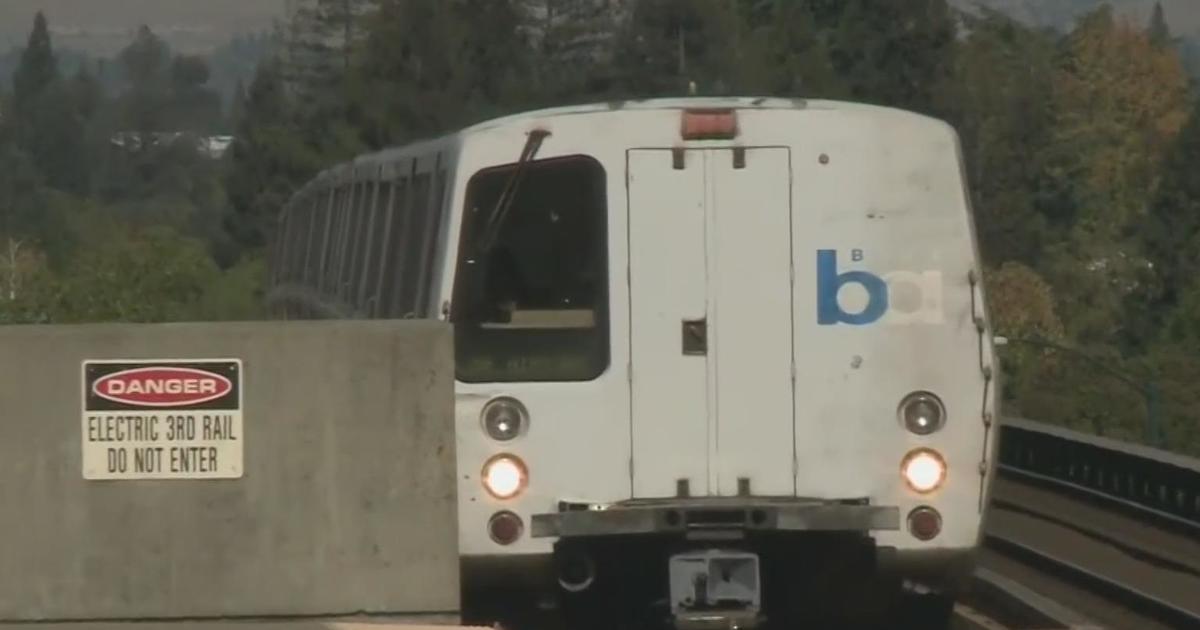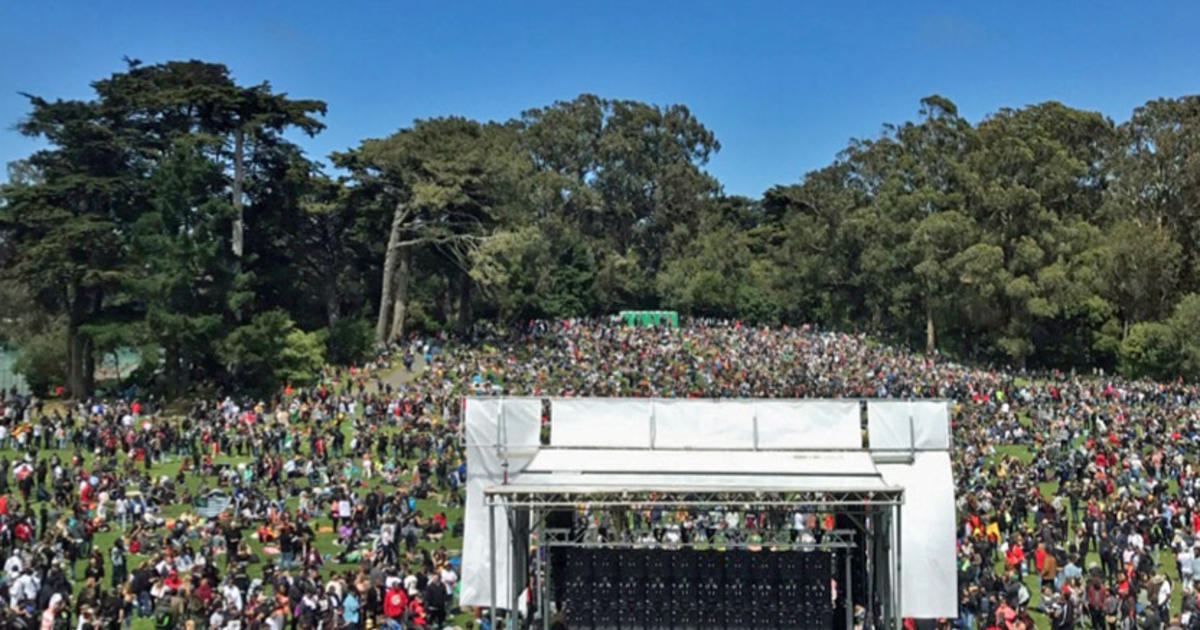Concord City Council Approves Sales Tax Extension, Increase For November Ballot
CONCORD (CBS SF) -- Concord voters will be presented in November with a ballot measure on whether to approve extending and increasing a sales tax city leaders expect will raise about $27 million a year for myriad municipal needs.
At about 1 a.m. Wednesday, the council voted unanimously to support the measure, now known simply as the "Concord City Services Measure" with no letter assigned.
If approved, it would be an extension of Measure Q, a half-cent sales tax first approved by Concord voters in 2010, at a time the Great Recession had decimated city budgets, including Concord's. Local voters extended Measure Q, at a half-cent, in 2014.
If the measure is approved in November, Concord's overall sales and use tax rate would rise from 8.75 percent to 9.25 percent. That compares with Walnut Creek's current rate of 8.25 percent as of July 1, 9.25 percent in both Martinez and Antioch, 8.25 percent in San Ramon and 8.375 percent in Fairfield. The cities of Alameda and Albany both have 9.75 percent tax rates.
Council members acknowledged the challenge of asking residents for more money during the COVID-19 pandemic and resulting economy that is, in some ways, worse than in 2010. But the same problems that have harmed individuals' economic fortunes, they said, have similarly decimated city governments like Concord's.
"I understand it is an issue where everybody has less," Councilman Edi Birsan said. "We do desperately need the money."
Not only did the original Measure Q tax revenues not fully fund all the roads and other infrastructure anticipated, but the COVID-19 pandemic has prompted the City Council to cut the 2020-2021 general fund budget by $10.5 million from original estimates, cut 36 jobs and cut managers' pay.
"Our city's financial future does not look good ... we cannot balance the budget by cost savings alone," said Brian Beckon, a member of Concord's Measure Q Citizen Oversight Committee, who said bankruptcy would be a possibility without the tax extension and increase's approval. "The alternative seems pretty dire."
Several public commenters early Wednesday asked why there is no "sunset" date for the new measure, as there is for the current Measure Q (March 2025). They also noted the tax's "regressive" nature most affecting the poorest residents, and told the council they want more specifics on where the sales tax money would be spent.
Council members said little about the lack of a sunset date, but both they and Jennifer Ortega, Concord's community relations manager, had a list of basic categories on which the money would be spent, led by improving city roads.
Ortega told the council the city's "pavement condition index," or PCI, used to measure the overall condition of a region's roads is 59, on the low end of "fair."
"The worse our roads get, the more expensive they are to repair," Ortega said.
Other broad categories to be funded by sales tax revenue include improving police and other emergency response preparedness, gang prevention, park and recreation programs and homelessness issues.
Birsan said during the meeting that more specificity could have triggered a two-thirds voting requirement needed for approval, rather than the simple majority approval the Concord measure would require.
A move to put a measure on the November 2018 ballot to extend Measure Q at one cent failed to get the required four-fifths City Council approval.
Councilwoman Carlyn Obringer said she was one of the "no" votes then. She said community outreach after that has been thorough, and that public response helped turned her no vote into a "yes."
In an April survey of more than 1,000 likely Concord voters, a Burlingame-based firm, Godbe Research, found that 71.8 percent of those asked would "definitely" or "probably" support a 1 percent sales tax.
Councilwoman Laura Hoffmeister asked Bryan Godbe, president and co-founder of Godbe Research, whether a separate Contra Costa County-wide half-cent sales tax ballot measure, mostly for social services, would diminish support or Concord's measure. Godbe said many, if not most, election ballots feature multiple tax measures.
"You just have to live with that reality," Godbe said.



